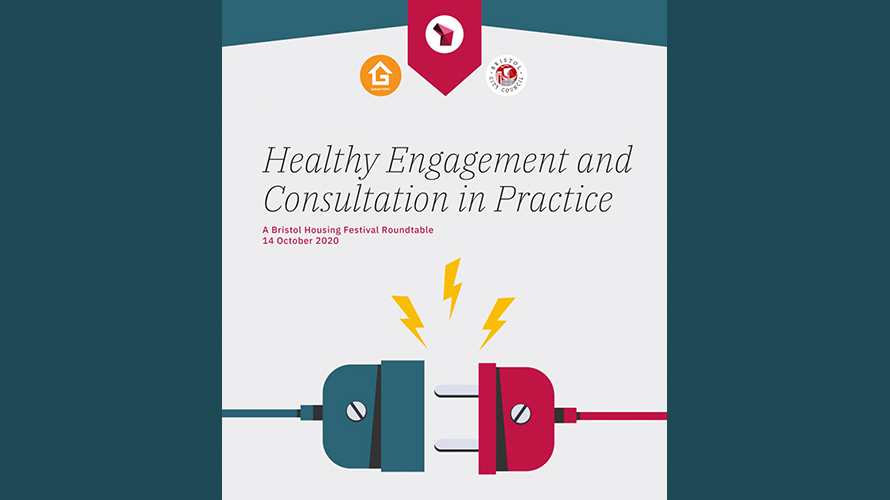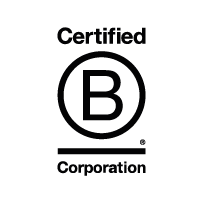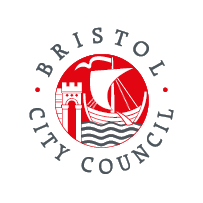News & Insights
Re-imagining community engagement in housing development
By Geoff Fox, Partnerships Director, Goram Homes
Last month, Goram Homes partnered with the Bristol Housing Festival to bring together a variety of perspectives on healthy engagement and consultation. Our partnerships director Geoff Fox sat alongside Bristol City Council, developers, community advocates and others to discuss the purpose of consultation – an essential part of the process of building new homes – and how it can be improved.
Housing development is an emotive topic across Britain and Bristol is no different. On the one hand we are facing a housing crisis with a huge need for more affordable housing in particular and yet any new residential development has an impact on the local community and environment.
From the height and density of a building to the sustainability of a project or its impact on local infrastructure, there are multiple people, communities and organisations, each with their own opinions on all aspects of a development before it’s given the go ahead.
Consultations can often focus on well-informed stakeholders who are already heavily invested and engaged in a development’s outcome and the idea that one community as a whole will agree with a solution doesn’t work in practice. Our challenge is to find the residents that are less empowered to speak and to give them the space and means to contribute. To do so, it’s necessary to find new ways of engaging communities.
Increasing trust and transparency
When consultation is done well, everybody benefits from the development and its social value rises. In the initial stages, this relies heavily on an open dialogue between developers, local authorities and communities.
Increasing transparency on land value, for example, would lead to greater trust around the developers’ objectives because everyone understands what’s viable based on the price of the land and the cost-per-unit.
We need to be able to have an open and honest conversation and these conversations must start from the outset, rather than retrospectively when developers have already created their vision and sought buy-in.
In Bristol, where the council is a major landowner and has sight of upcoming developments, sometimes years ahead, there is a real opportunity to start the process of engagement early on and gain valuable local insight.
Reaching communities in new ways
As it stands, certain groups – local residents and planning groups, for example – are often the first to get new information and disseminate it widely on social media. This sometimes means that the information only tells part of the story, which can damage the developments’ overall narrative and lead to misinformation.
However, communities shouldn’t be blamed for being difficult to reach, especially in a digital age. Innovative online platforms exist to bring people into conversations in new ways and attract people who may not usually be part of the conversation.
Interestingly, Covid-19 appears to be making consultations more accessible to some. Greater connectivity and online meetings have led to better engagement and improved participation in discussions. It’s important that we take these lessons post-pandemic to combine online and in-person meetings, to further improve the consultation process by ensuring we really understand what’s important to its residents.
Ensuring a development’s success and social value relies on the people concerned being a part of the solutions rather than focusing on a developments’ perceived problems. Bringing multiple stakeholders in at an earlier stage, in innovative ways, will foster long-lasting collaboration.
We don’t yet have all the answers but we are all in agreement that conventional consultation methods and techniques are inadequate and must be reimagined for a post-Covid-19 world.
Community cohesion is one of Goram Homes’ core commitments for 2021 and beyond. We will work alongside organisations such as the Bristol Housing Festival to continue this conversation and make recommendations for better consultation processes on each of our sites.




